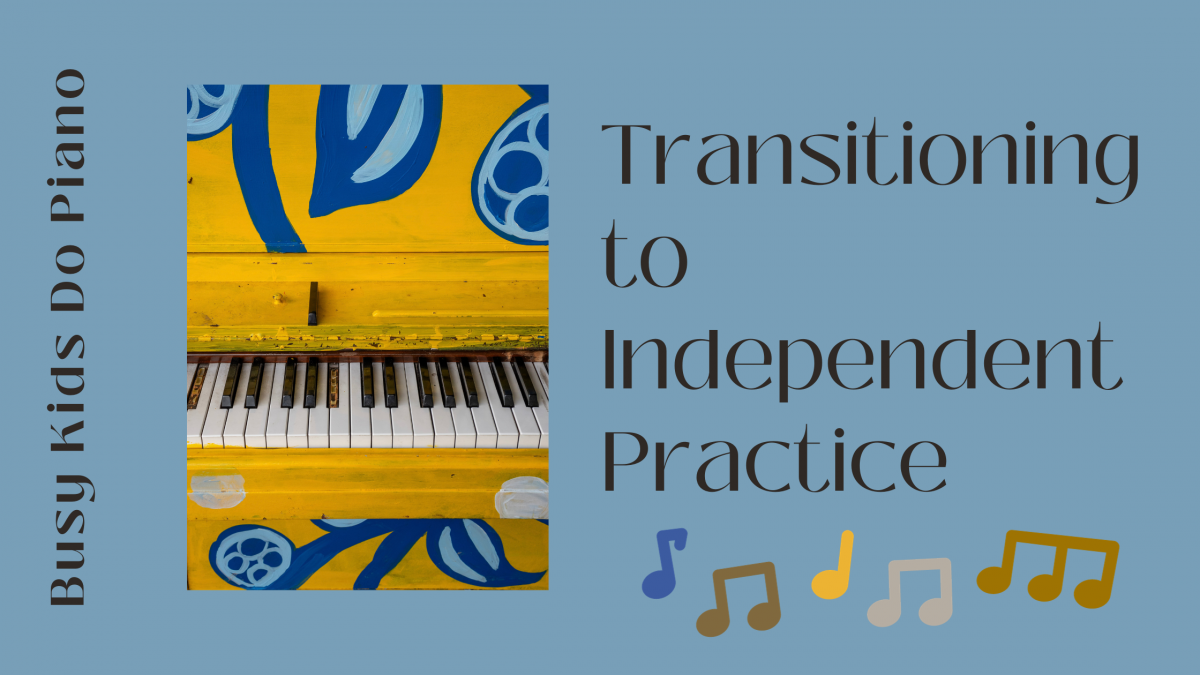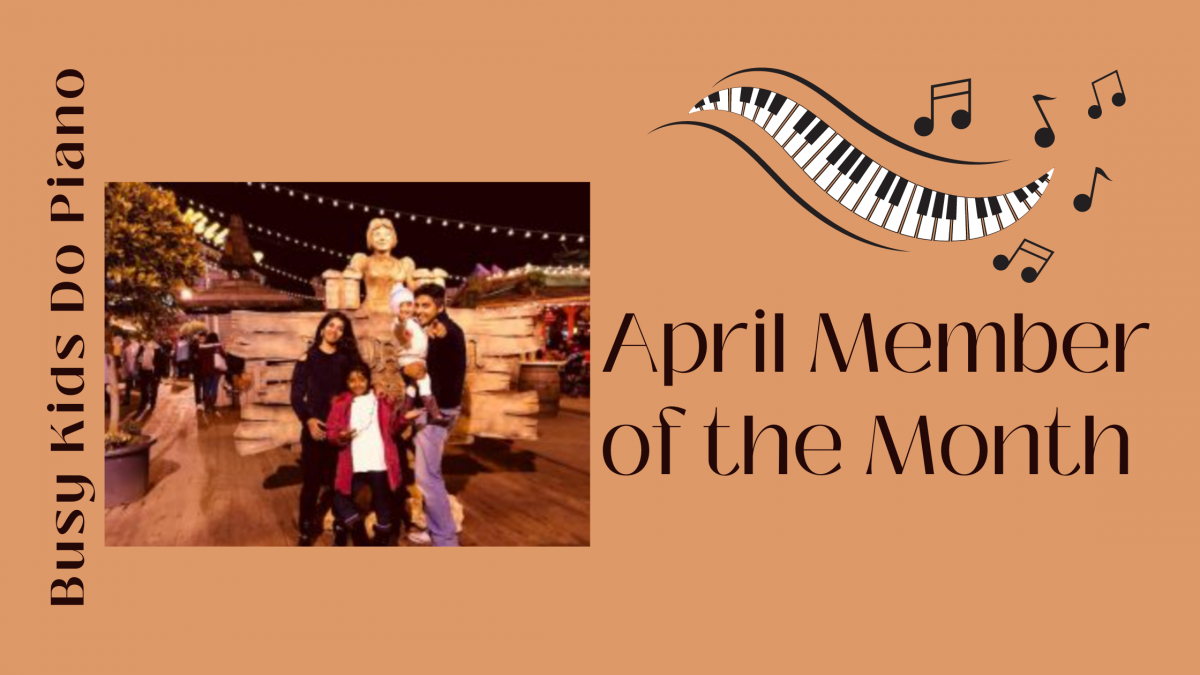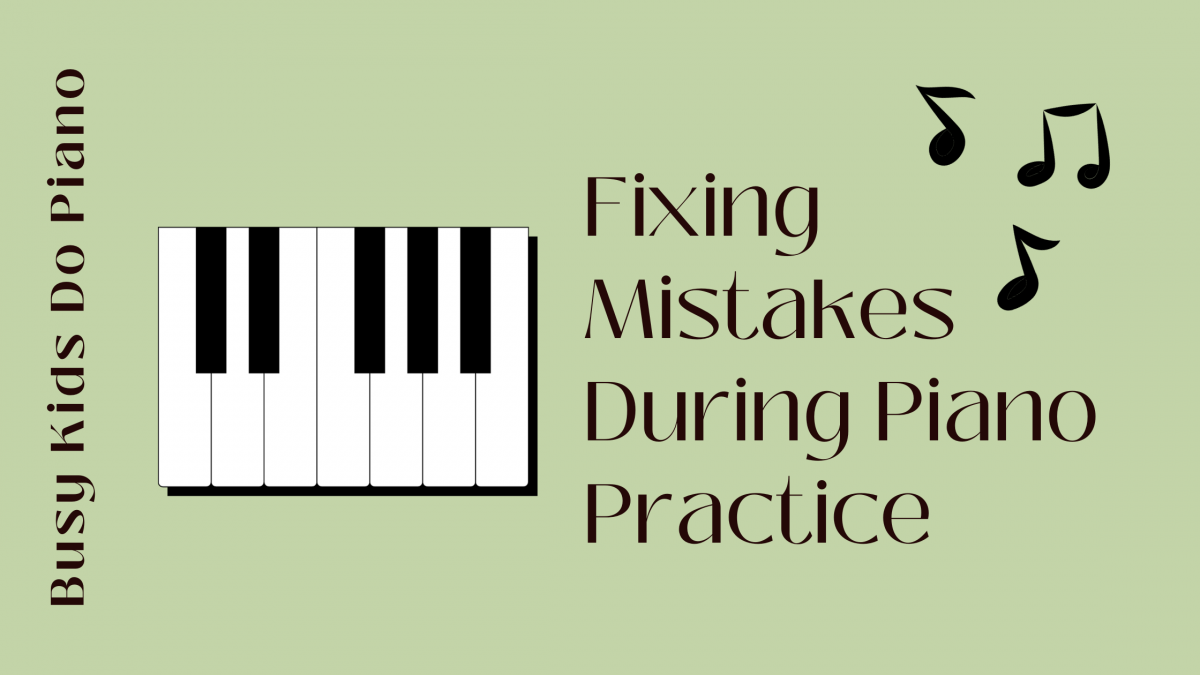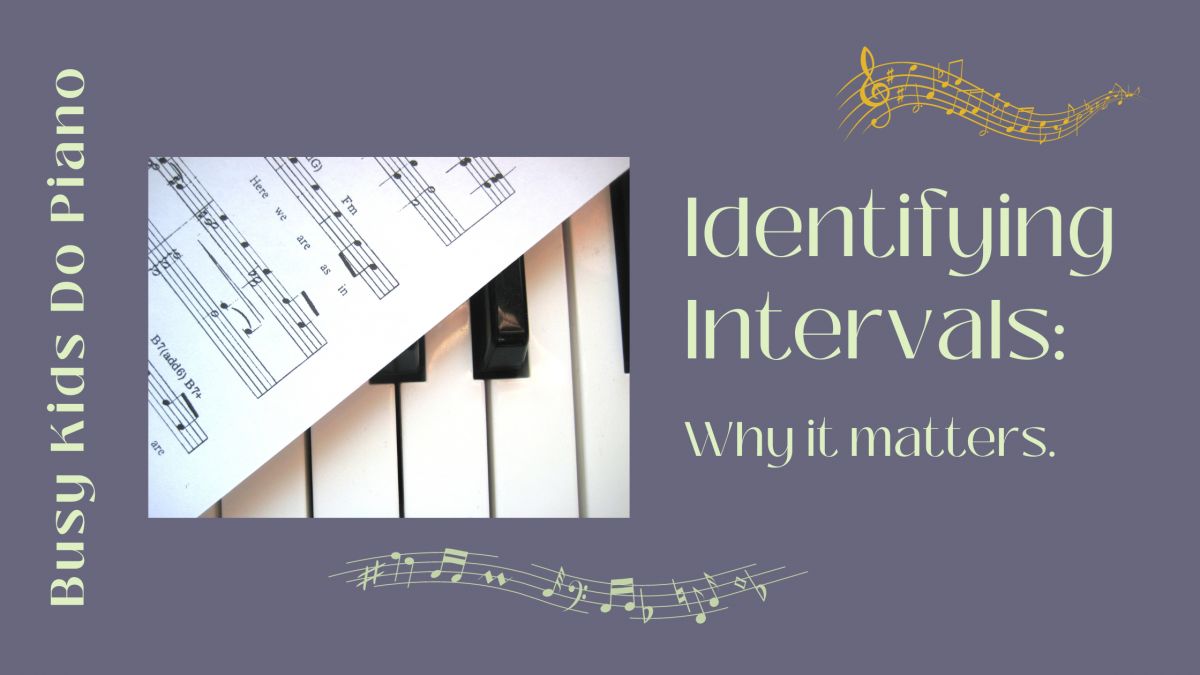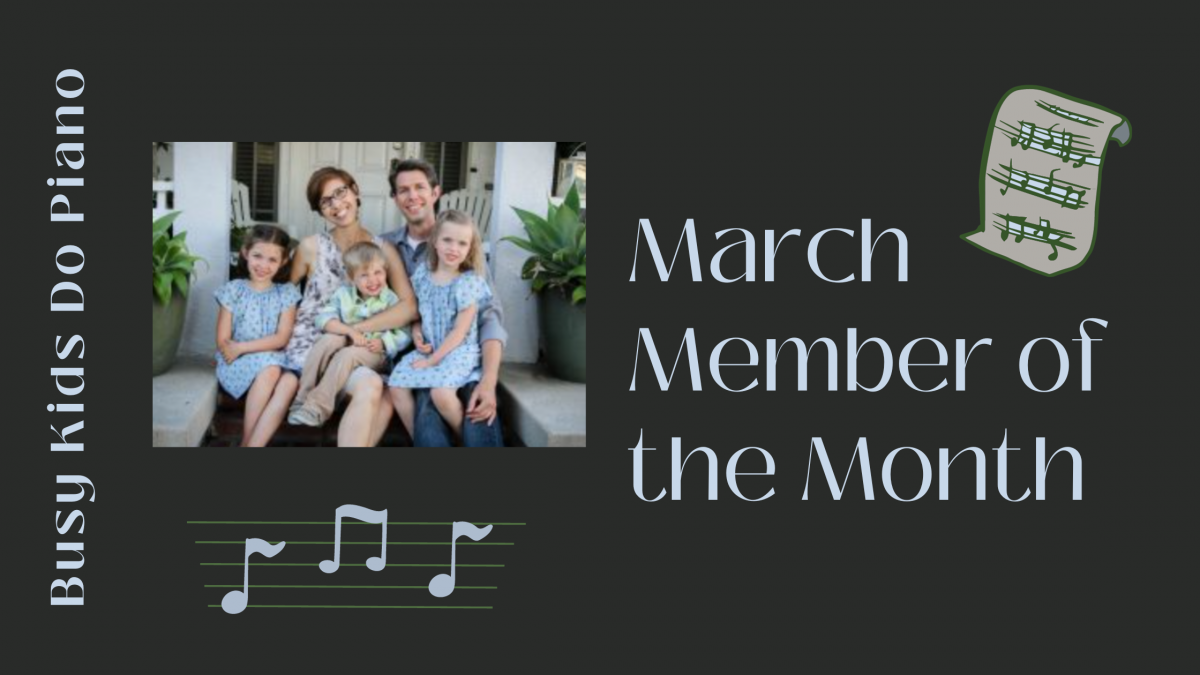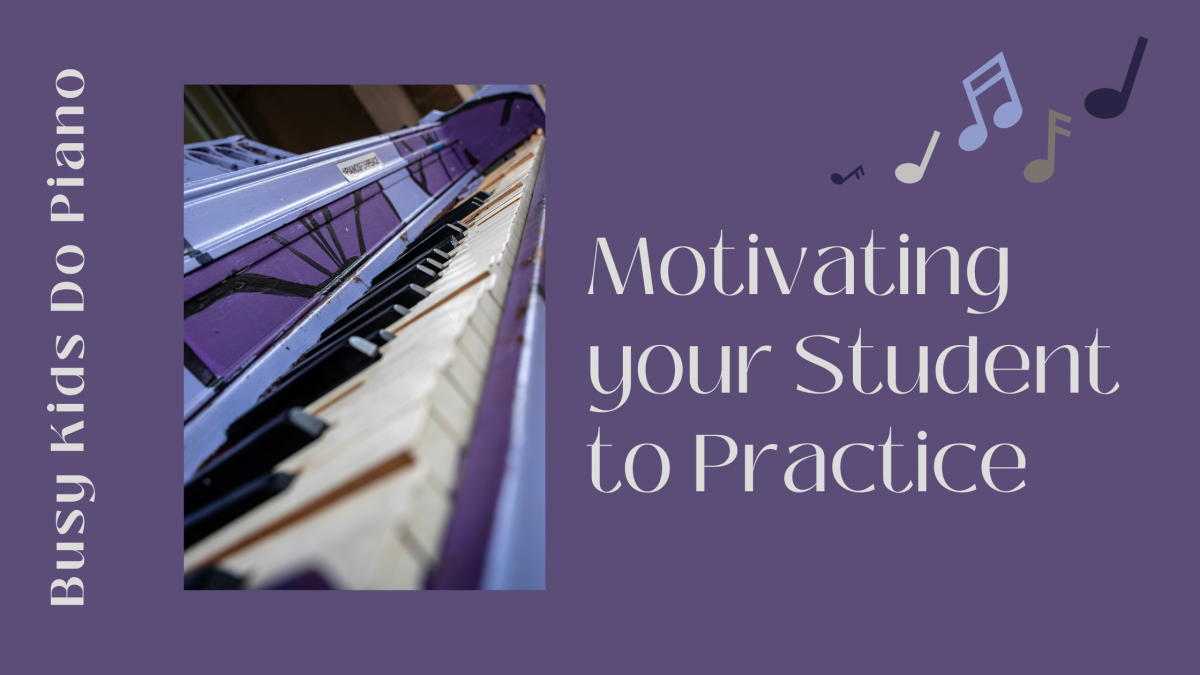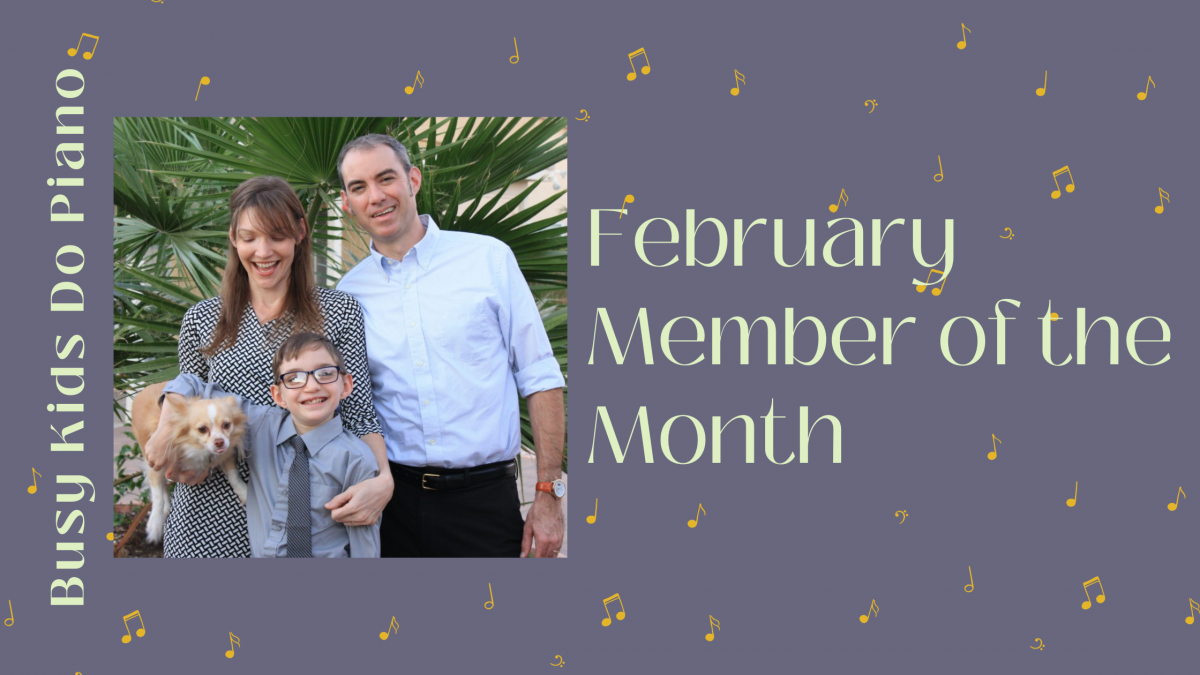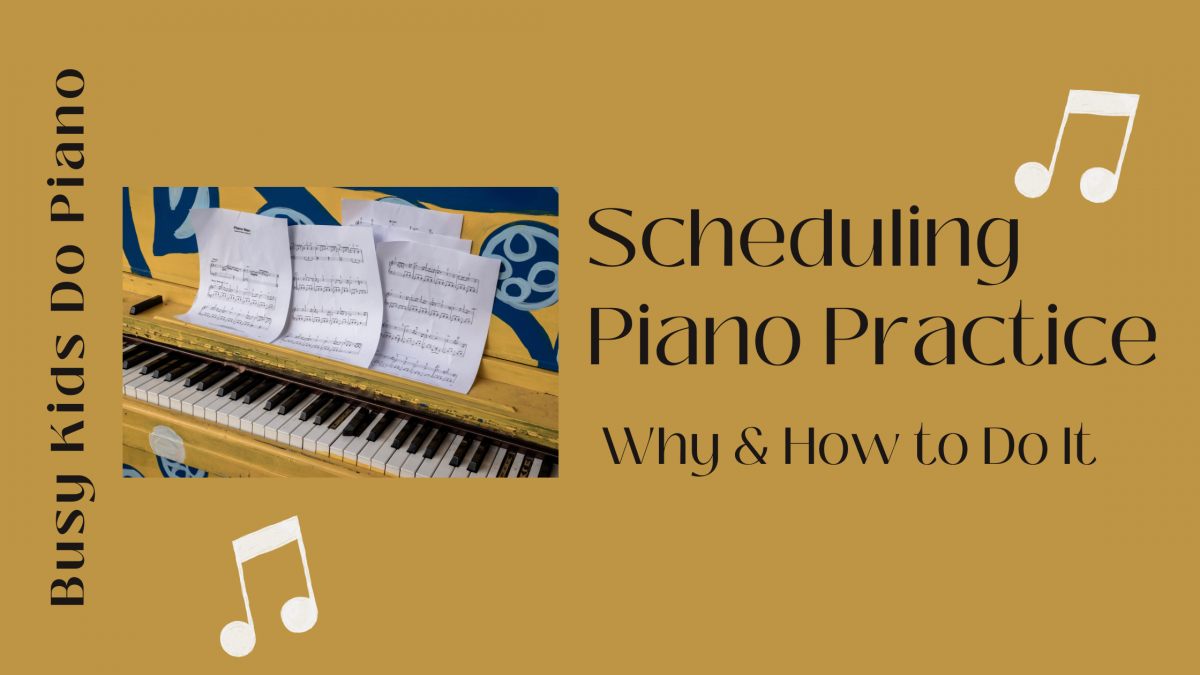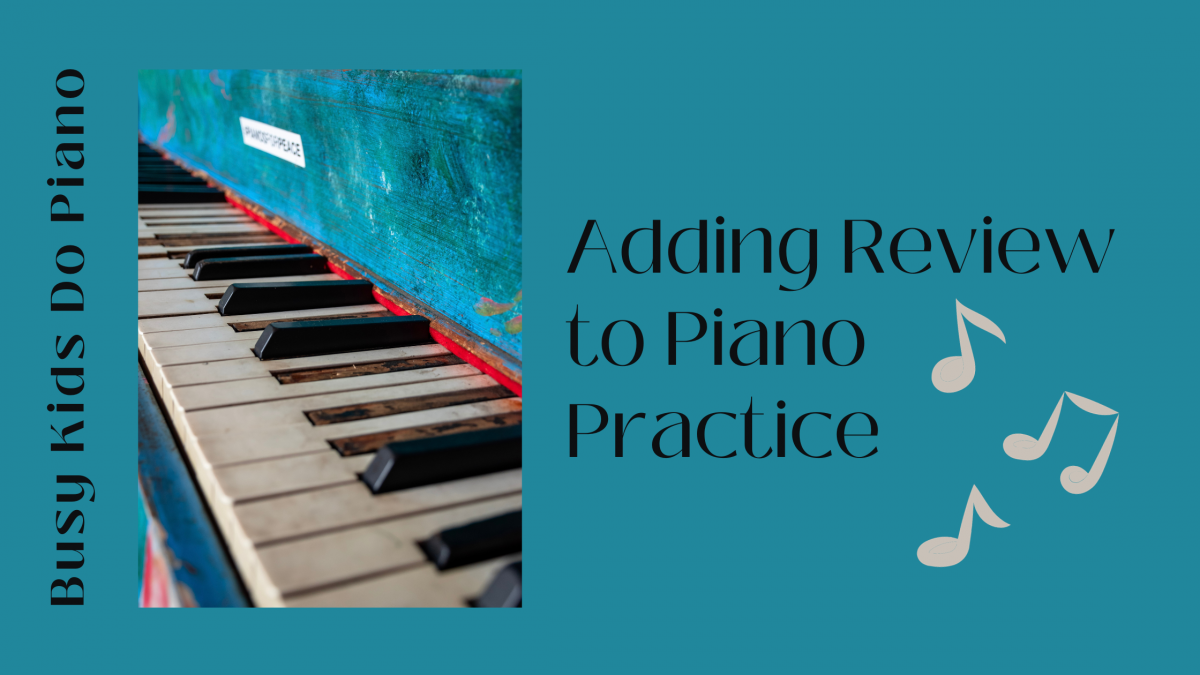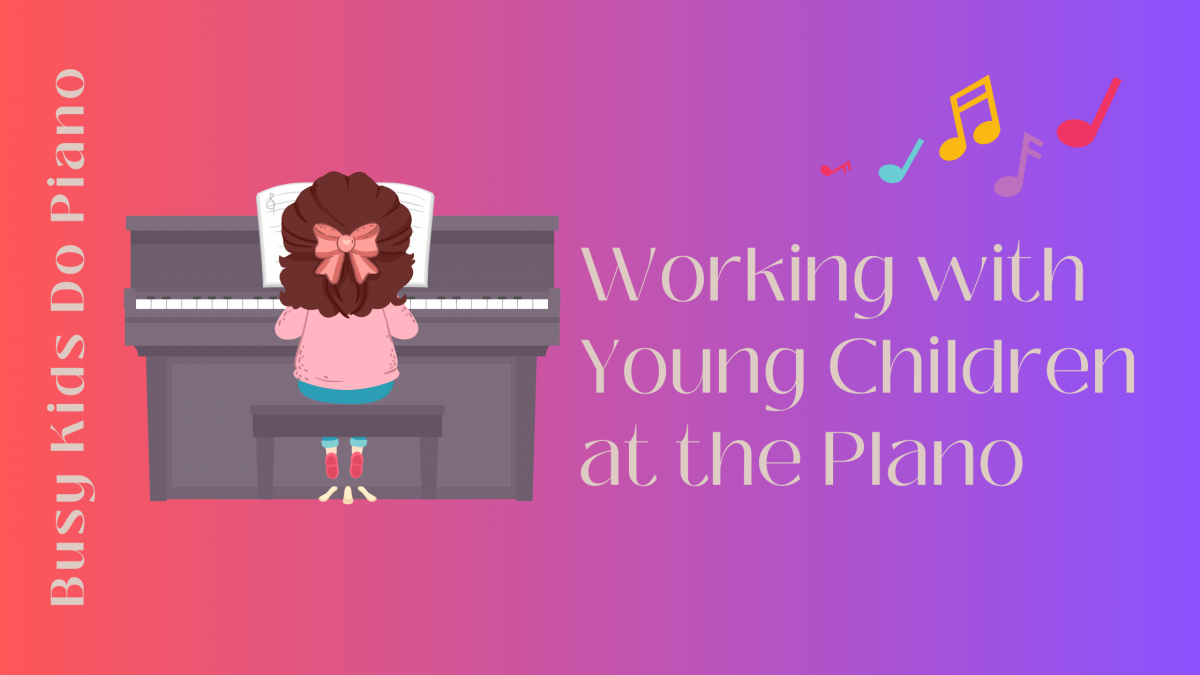In my March livecast, I talked about modeling an effective practice (which includes identifying and fixing mistakes) so that your student can not only make practice but also learn to one day practice independently.
As a student becomes a little older and more able to do things independently — read, play games, do a puzzle, complete a task — your child will be ready for you to back off a bit and give her some space while practicing. Your role will become that of a “guide” rather than a “fixer”.
The process of learning new music with a student who is in this developmental stage and beginning to make the transition to independent practice can be broken down to 3 phases. Watch my April livecast below for all the details. Continue reading “Transitioning to Independent Practice”

